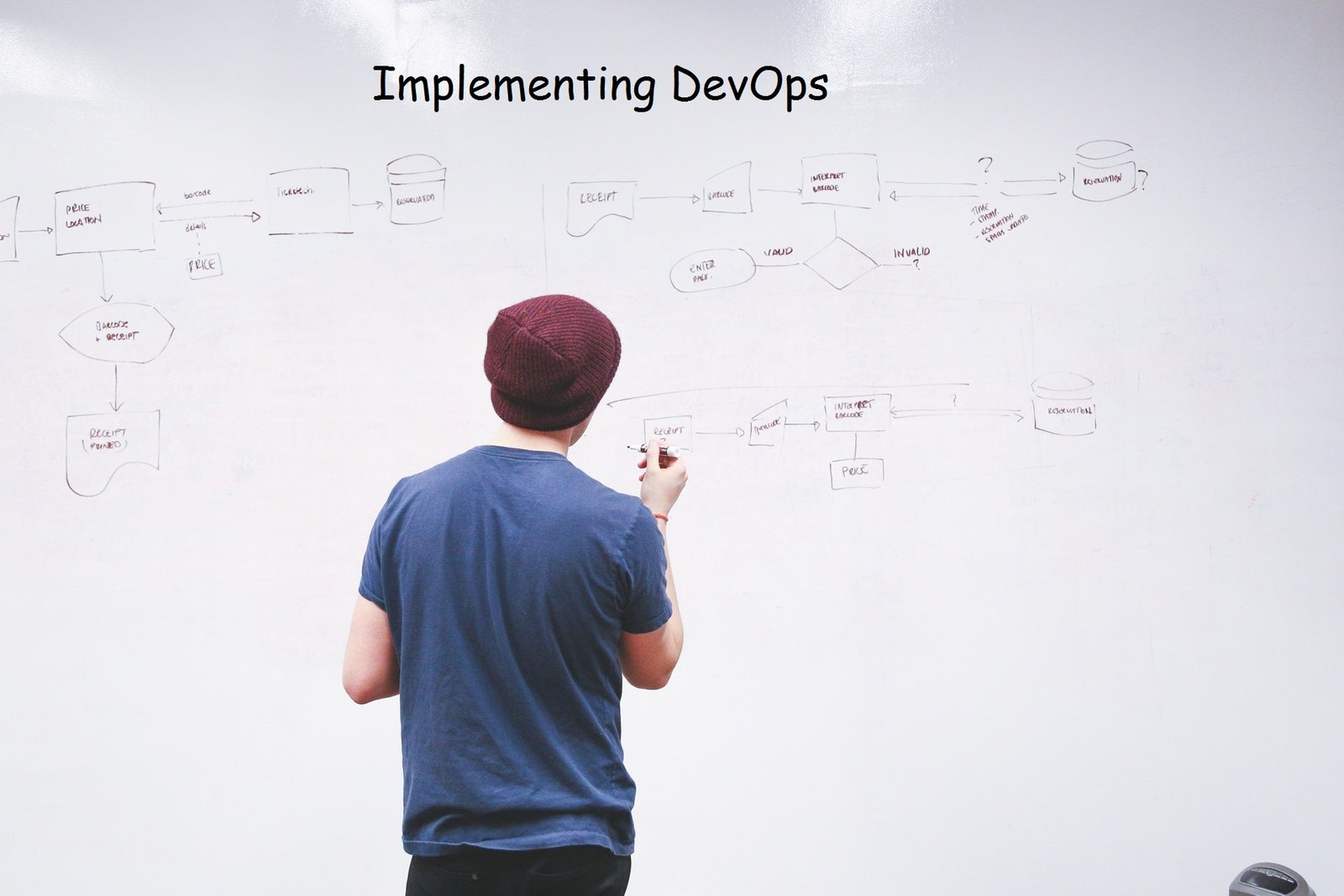
Technology is the sole weapon that every business venture is using to beat the competition irrespective of the field of play. Such is the demand and the popularity that investing in software development is the need of the hour for every venture. But when it comes to driving the revenue up with a particular goal-oriented strategy, there are a few key considerations that you need to keep in mind.
In the past decade, it was all about the quality, performance, and security of the product. You needed to fast track the sales process to the customers. However, the present day and age are all about implementing the correct methodology for increasing the adaptability of the company and the efficiency of the workforce. This is where software development becomes crucial for any form of business irrespective of the magnitude of the operations.
This is the main reason why DevOps has emerged as the end-to-end and holistic protocol for software development and content delivery. A quality third-party software development firm like the Salesforce DevOps can not only deliver you the tool you need to streamline your organizational capabilities but also modify the existing platform after a careful fool-proofing of the plans.
Let us take a deeper dive into DevOps and what it includes.
A brief intro into DevOps
There is no need to get confused about DevOps. Yes, it is a new phenomenon, but you might be relieved to know that there isn’t anyone technical definition. If you are in the IT business, then DevOps for you might work to automate the entire process between the IT teams and the software development Company teams.
For a general definition with respect to a seller, DevOps can function as the bridge between the people and the product with a continuous supply and delivery system. So, we can see that it is all about removing any existing barriers between the development and the operation sections of the business.
Here, the emphasis is on people so that individuals from a variety of teams can work together on the same platform to ease up operations and increase efficiency at the same time.
About the working
In the software management model with respect to the lifecycle of the tool, DevOps is all about focusing on bridging the gap between the engineers, staff, IT teams, as well as the shareholders and the investors. If you are looking to make the efforts of the firm more product-centric, then you need DevOps as soon as possible. It is the ideal tool when you are looking to develop, deploy, perform maintenance, and scale your software and activities.
Now, it is time to take a look into the benefits of this philosophy.
The benefits
Reducing the chances of failure
When you are looking to get a particular piece of software delivered through DevOps, there are meager chances of an error. It will be more relevant to the market and the perfect fit for the purpose since it will go through an endless feedback loop.
Greater support and flexibility
Applications built by specialized DevOps teams are highly scalable, and the on-site, as well as off-site support, adds to the benefits as well. These applications tend to be easier to maintain, as well.
Faster deployment
If you need your application delivered on short notice, then the DevOps option is the perfect one for you. The automation tools and CI advanced tools relied on by the DevOps teams make for faster deployment of the application.
Overall efficiency
With DevOps, the design and the operations are a collective responsibility, which means the teams will be engaged better and work towards productivity.
Makes for a tangible vision
Not every member of the workforce will have the right knowledge about the vision of the firm or the products. Since the information is scattered, it makes for lowering the efficiency and the missing on the deadlines. If you are looking for transparency when it comes to decision-making, then DevOps is the perfect option.
However, there are several challenges with DevOps that need to be overcome.
The challenges
The transition might prove to be difficult
There is going to be a transition of sorts and not just with the organizational approach but also with the technical aspect. You will need to work with legacy systems and implement microservices in the architecture and the build of the applications. In some cases, the rebuilding of an entire team can become the need of the hour.
You might need to hire a better workforce as well as adopt newer innovations and tools to perform business. All this might stop an investor from investing in DevOps, but the trick is to start slow with a pilot project and test the waters before diving into a full-scale restructuring. Always make sure that you have a team in place and ready to make the transition easier.
The lack of actual talent
DevOps operation is a tough ask. There aren’t many with more than a couple of years of experience. If you are lucky enough to find a real specialist, then chances are you will back off due to the price. So, if you are on the search, keep in mind that you can always work with an offshore but dedicated team or undergo the transition under the guidance of a tech consultancy of high repute.
The toolset consideration
When it comes to choosing the tools, there are several options. Often it can prove to be a hindrance, especially if you already have a tool that the workforce is well-versed with. Switching tools and applications is a real challenge and strictly in the business world can lead to several days of downtime and overhead due to employee training and certification courses. This is why you must work with an experienced CTO or a consultation service to help you with making the right choices concerning the tools.
One last thing to remember is that there is no trend here that you need to follow. So, take your time and invest in pilot runs. All the best.






